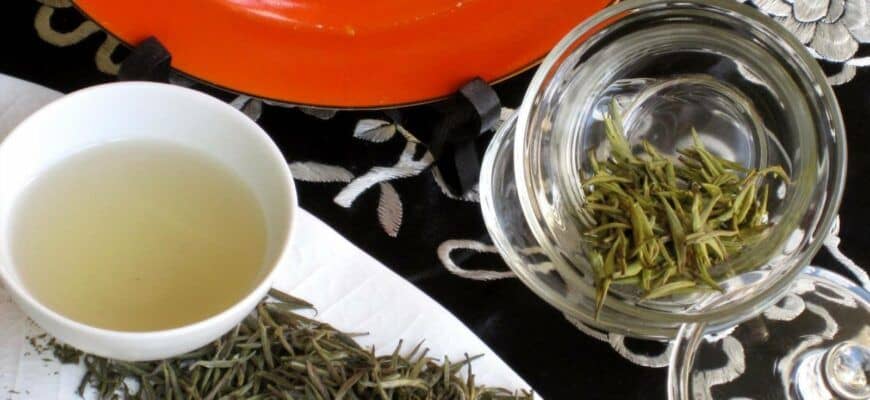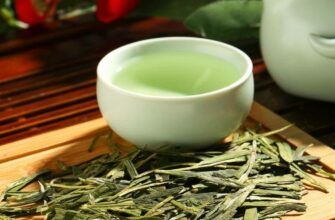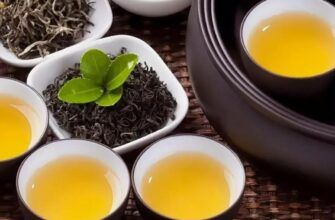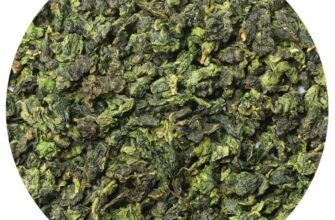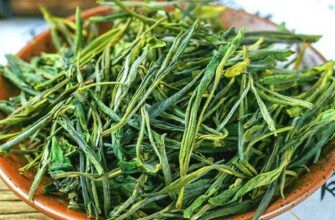Junshan Yin Zhen is a variety of yellow tea from Zhanshan Island in Hunan Province in China. This is one of the rarest Chinese teas. As the only representative of the yellow tea family on the China List of Most Famous Teas, it is the main representative of this form of tea art.
The limited growing area, the painful harvesting process, and the sheer skill required to make this tea are the reason that authentic, authentic Junshan Yinzhen tea is produced at a rate of 500 kg per year. This tea is reminiscent of Yongzhen white tea, which is also called Bai Hao Yongzhen. Junshan Yinzhen is considered Chairman Mao's favorite tea in China.
History of Junshan Yinzhen
This tea began to be produced many years ago. During the Tang Dynasty, its annual production did not exceed 0.5 kg. Now, about 300 kg of this tea is produced per year.
It is said that during the Tang Dynasty, Princess Wenzheng chose this tea as one of her favorites when she got married and left for Tibet. Junshan Yinzhen became the symbol of the emperor since Wu-dai (post-Tang dynasty), as did the Song, Ming, and Qing dynasties.
The tea won a gold prize in 1956 at an exhibition in Leizpig. Its beautiful appearance and multifaceted taste have received high marks from experts. In 1957, it was placed in the Top 10 Best Chinese Teas.
When China took its position at the UN in 1972, Junshan Yinzhen was the only tea chosen to be served to Prime Ministers and diplomats of various countries.
In 1982, the tea was awarded the highest quality mark by the Commercial Section of China and the following year (1983) it was given the highest quality certificate by the China Foreign Trade Department.
In 2006, this tea was chosen by China's Department of Commercial Affairs and the Ministry of Foreign Affairs as a national gift for Russian President Vladimir Putin.
Junshan Yinzhen - Production Areas
Jun Shan is an island in Dong Tin Lake, 15 km east of Hunan Province. Just a kilometer wide, this area is the exclusive cultivation area of Junshan Yinzhen. On the island in the summer, fertile soil absorbs the waters of the Yangzhi River, which are rich in silt. The whole year the climate on the island remains humid, and there is fog and haze in the air. These conditions are ideal for growing tea and are simply unique on the island.
Read more: